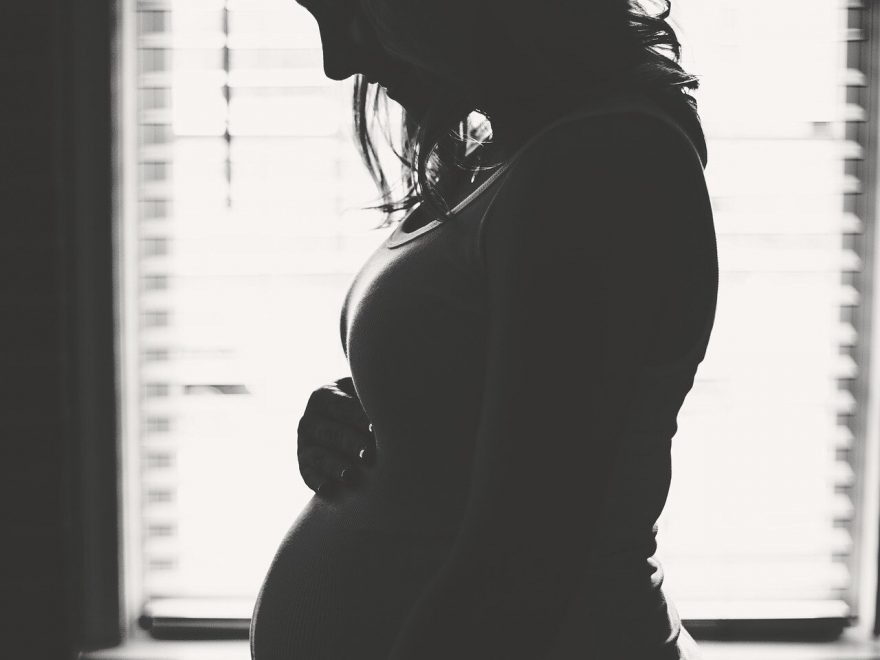
In a nationwide Swedish study of 207 births to women with an earlier diagnosis of colorectal cancer (CRC), researchers found an increased risk of both maternal and neonatal adverse outcomes. The study was published in eClinicalMedicine and is a collaboration between Washington University in St Louis and Karolinska Institutet.
Early-onset colorectal cancer (diagnosed before age 50) has risen worldwide, resulting in more women at reproductive age diagnosed with colorectal cancer. Studies of pregnancy and neonatal birth outcomes in cancer survivors have been focused on adolescent and young adult cancers and cancers of the female reproductive organs, with little attention to colorectal cancer.
In a nationwide Swedish study of 207 births in women with early-onset colorectal cancer and 1,019 births in matched controls, the team discovered 2.5-fold higher odds of pre-eclampsia and a 79% increased odds of emergency Cesarean delivery in women with early-onset colorectal cancer compared to women without prior colorectal cancer.
“Our work is important as the first nationwide study assessing pregnancy and neonatal outcomes in women with early-onset colorectal cancer,” says lead author Dr. Yin Cao, ScD, MPH, Associate Professor of Surgery and Medicine from Washington University School of Medicine in St. Louis, United States. “The findings of our study provide crucial evidence to support the clinical management of women with this condition during their reproductive years.”
Outcomes for the baby
The researchers also explored neonatal outcomes. Colorectal cancer was associated with a 2.3-fold higher odds of preterm birth, which was particularly pronounced for medically induced preterm birth. “Of note, we however found no increased odds of congenital malformations, infant low Apgar score, or small for gestational age birth in women with colorectal cancer,” says corresponding author Professor Jonas F Ludvigsson, pediatrician at Örebro University Hospital, and Professor at the Department of Medical Epidemiology and Biostatistics, Karolinska Institutet.
“We leveraged high-quality register-based data from Sweden of all births to women 1992–2019 with an earlier record of colorectal cancer,” adds Ludvigsson. “I am intrigued by the finding that when we compared women with colorectal cancer to their siblings, the association with adverse pregnancy outcome vanished, suggesting that shared risk factors for factors important in pregnancy/childbirth and colorectal cancer may play a role here.”
“To date, clinical guidelines for colorectal cancer have not yet included specific recommendations for managing reproductive outcomes of female survivors,” says Cao. “Our study underscores the importance of incorporating such considerations into cancer survivorship guidelines, particularly with respect to pregnancy and neonatal outcomes.”
More information:
Yin Cao et al, Pregnancy and neonatal outcomes among women with early-onset colorectal cancer: a nationwide case–control study, eClinicalMedicine (2023). DOI: 10.1016/j.eclinm.2023.101963
Journal information:
EClinicalMedicine
Source: Read Full Article
